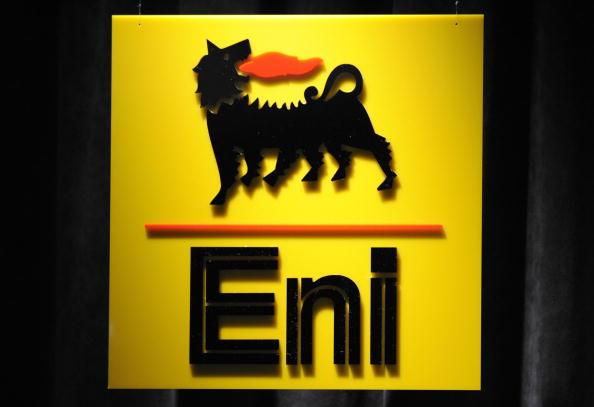Egyptian Gas Find Rocks Israeli Energy Sector


The news of a record-breaking natural gas discovery off the Egyptian coast has rocked an Israeli energy industry still stuck in a quagmire of taxation and antitrust issues.
Energy shares dropped precipitously on the Tel Aviv Stock Exchange on Monday, a day after the Italian firm Eni announced the biggest natural gas discovery ever in the Mediterranean off Egypt. The immense find immediately threw plans for Israeli gas exports to Egypt into doubt, since if the claims are substantiated, Egypt will have plenty of its own gas.
The TASE’s Oil and Gas index was down 7.6% to 1,010.13 points in late morning trading, with Avner down 11.5% at 2.39 shekels (61 cents), Delek Drilling off 11.4% to 12.54, and Ratio down 14.8% to 29 agorot, all in very heavy trading.
All three companies are partners in the giant but as-yet-undeveloped Leviathan gas field. Deals for sale of gas to Egypt have been held up for months by endless wrangling over the Israeli government’s attempt to impose a new regulatory scheme, which the companies have been fighting. A compromise agreement awaits passage.
Market analysts were gloomy:
“The big fear is that this giant gas find will close the door to any option of exporting Israeli gas and will lead to a long delay in developing the Leviathan, and even it not being developed at all,” Liran Lublin, energy analyst at Israel Brokerage & Investments, told Haaretz on Monday.
Leumi Capital Market energy market senior analyst Ella Fried warned of further losses. “We are estimating the minimum price in a negative scenario, that is to say losing the BG terminal as follows: Avner NIS 2.40, Delek Drilling NIS 12.84 and Ratio NIS 0.22. This is based on a value of about NIS 3 billion for Leviathan, less royalties,” she was quoted by Globes as saying. However, she foresees a more likely scenario with a 60% probability of being realized, an upside of about 15% for the Delek Group partnerships.
However, the door to development of Leviathan hasn’t closed, at least not yet. Eni projected a two-year development schedule for the Egyptian gas field, which would give Israel time to get its operation going.
Fried said that “it’s possible to rapidly get it to market,” with a gas supply from Leviathan to the Egyptian customer BG. “At the start of the year, BG was acquired by the oil giant Shell and we estimated that probability of the deal going ahead at 60%-65% before the new Egyptian discovery.”
“Most of the risk falls on the Leviathan field at this stage despite the huge potential that it contains. In our estimation, despite the expected improvements in the gas agreement being formulated, a delay in developing Leviathan in relation to the original development plan is almost unavoidable, due to the difficulty in financing projects based on transportation in the business environment,” she said.
Meitav DS senior energy analyst Eran Unger expressed concern that prospects for the Tamar gas field could also be damaged by the Egyptian find. “Exports from Tamar are at risk because it will require an investment of over $1 billion by UFG and it may well be that in the short period of time required to develop the Egyptian field, they will prefer to wait with the investment and the imports. By the way, Eni is a partner in the installation so that an export contract with UFG will be the clearest indicator of the situation of the Egyptian field.”
Claudio Descalzi, CEO of Eni, told Italian newspaper La Repubblica on Monday that the gas discovered in Egypt was intended for domestic consumption. The implication is that the contracts for selling gas from Israeli gas reservoirs to British Gas and Union Fenosa for their Egyptian liquefaction plants could still be viable.
Energy Minister Yuval Steinitz reiterated the urgency of moving forward with development of Israel’s resources
“The discovery of the massive gas field in Egypt is a painful reminder that while Israel sleepwalks and dallies with the final approval for the gas road map, and delays further prospecting, the world is changing in front of us, including ramifications for [Israeli] export options,” Steinitz said.
This article appeared in print on page 6 of edition of Hamodia.
To Read The Full Story
Are you already a subscriber?
Click "Sign In" to log in!

Become a Web Subscriber
Click “Subscribe” below to begin the process of becoming a new subscriber.

Become a Print + Web Subscriber
Click “Subscribe” below to begin the process of becoming a new subscriber.

Renew Print + Web Subscription
Click “Renew Subscription” below to begin the process of renewing your subscription.












